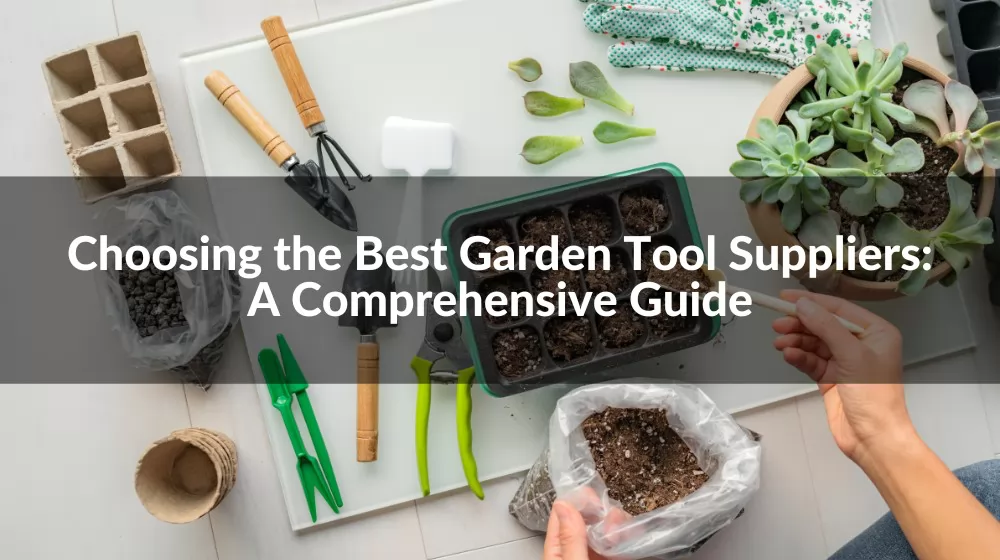
Welcome to the world of flourishing gardens! In your quest for the perfect garden tools, we unveil a comprehensive guide tailored for green enthusiasts. Discover the art of selecting the right garden tools supplier, ensuring your gardening success and satisfaction.
Gardening enthusiasts understand the pivotal role that quality garden tools play in nurturing vibrant, flourishing green spaces. As the backbone of any successful gardening endeavor, these tools are not mere accessories; they are the silent partners that transform a vision of a beautiful garden into reality.
Quality garden tools are the unsung heroes that make the act of gardening a seamless and enjoyable experience. From hand trowels to pruners, each tool is crafted with precision and designed to fulfill a specific purpose. The durability, efficiency, and ergonomic design of these tools contribute directly to the overall success of your gardening efforts.
Imagine the frustration of trying to plant delicate flowers with a subpar trowel or battling unruly branches with a flimsy pruner. Quality tools not only make the tasks easier but also ensure that you can focus on the artistry of gardening rather than struggling with inadequate equipment.
Furthermore, investing in high-quality garden tools is a commitment to sustainability. Durable tools reduce the need for frequent replacements, minimizing environmental impact and promoting a more eco-friendly gardening approach.
The journey towards a thriving garden begins with a critical decision: choosing the right supplier for your garden tools. This decision holds the key to unlocking the full potential of your gardening endeavors.
Reliable suppliers not only offer a diverse range of top-notch tools but also provide valuable insights into the selection process. They understand the unique needs of gardeners, offering tools that cater to different gardening styles, sizes, and preferences. A trusted supplier becomes a partner in your gardening journey, ensuring that you are equipped with the best tools tailored to your specific needs.
Embarking on the journey to cultivate a stunning garden requires a thoughtful assessment of your unique gardening requirements. Your garden's size, the variety of plants it houses, and the specific tasks you regularly undertake all influence the selection of your garden tools.
Consider the scale of your gardening canvas. For those tending to vast expanses of greenery, tools with robust, long handles provide the efficiency needed for comprehensive ground coverage. In contrast, smaller gardens may benefit from precision tools that allow for meticulous care and easy maneuverability.
Delve into the specifics of your garden's characteristics. Assess your soil type, be mindful of the local climate, and note the frequency of your gardening activities. These factors serve as the compass guiding you towards the tools best suited to meet the demands of your unique green space.
By conducting a thorough evaluation of your gardening requirements, you set the stage for a curated collection of tools, each with a purpose that complements the distinct needs of your garden. This meticulous approach ensures that every tool in your arsenal serves a meaningful role, enhancing the overall effectiveness of your gardening efforts.
Garden tools are the artisans of your gardening masterpiece, each type crafted for a specific purpose. Understanding the diverse array of tools and their purposes is paramount to assembling a toolkit tailored to your gardening needs.
1. Digging Tools: Shovels, spades, and hoes are the architects of your garden's foundation. These tools are indispensable for preparing soil beds, planting, and cultivating. Before choosing, assess the composition of your soil to ensure you select the most suitable digging companions for your garden's needs.
2. Cutting Tools: Pruners, shears, and loppers act as the garden's sculptors, shaping and maintaining the health of your plants. Distinguish between bypass and anvil pruners based on the types of plants you manage, ensuring precision and minimal disruption to your green companions.
3. Watering Tools: Efficient irrigation is the lifeblood of a thriving garden. From watering cans to hoses, the choice of watering tools is dictated by the size of your garden and the unique water requirements of your plants. This is the art of sustaining life in your garden.
4. Weeding Tools: Maintain the purity of your garden canvas by employing the artists of weed control. Weeders, hoes, and cultivators allow you to masterfully craft a space free from unwanted intruders while preserving the beauty of your chosen flora.
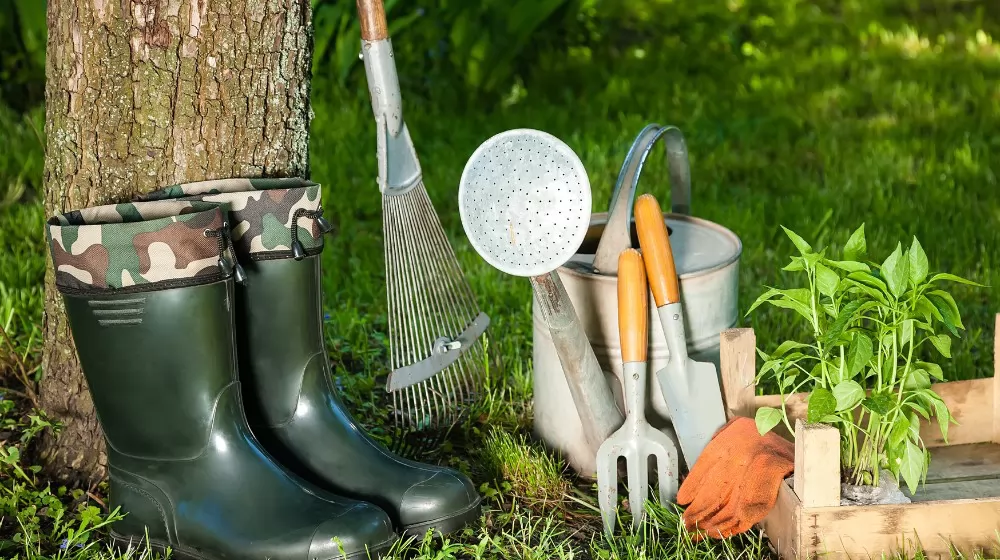
Choosing the right garden tool supplier is a pivotal decision that significantly influences the quality of your gardening tools. One of the first considerations is whether to opt for an online or offline supplier.
Online Suppliers: The digital age has brought the convenience of online shopping to the realm of garden tools. Online suppliers offer a vast selection, allowing you to browse and purchase from the comfort of your home. This option provides accessibility to a global market, often resulting in a broader range of products and competitive pricing. However, it's crucial to verify the credibility of online suppliers to ensure the quality and authenticity of the tools they offer.
Offline Suppliers: Local garden centers, hardware stores, and specialty shops constitute the realm of offline suppliers. While you get the advantage of a hands-on shopping experience and immediate product examination, the selection may be more limited compared to online counterparts. The benefit lies in building a direct relationship with the supplier, obtaining personalized advice, and supporting local businesses.
Before committing to a garden tool supplier, delve into the experiences of fellow gardeners. Reading reviews and testimonials provides valuable insights into the quality of tools, customer service, and overall satisfaction with the supplier.
Online Platforms: Explore online marketplaces, forums, and dedicated gardening websites for reviews from customers who have purchased from the supplier. Look for patterns in feedback, paying attention to comments on tool durability, shipping efficiency, and the supplier's responsiveness to inquiries.
Social Media: Engage with gardening communities on social media platforms. Seek recommendations and experiences from like-minded individuals who share a passion for cultivating beautiful green spaces. This real-time interaction often provides candid perspectives on various suppliers.
Supplier reputation is a critical factor in ensuring the reliability of your chosen garden tool provider. A reputable supplier is more likely to deliver quality tools and excellent customer service.
Check Online Ratings: Utilize online rating platforms to gauge the reputation of potential suppliers. Look for consistently high ratings and positive feedback, indicating a track record of customer satisfaction.
Seek Recommendations: Consult fellow gardeners, local gardening clubs, and online communities for recommendations. Personal endorsements carry weight and often provide a level of assurance that goes beyond online reviews.
Review Business History: Research the supplier's history, including the duration of operation and any awards or certifications they may have received. A supplier with a long-standing, positive history is likely to be a reliable partner in your gardening journey.
When selecting garden tools, durability and material quality stand as the cornerstone of a wise investment. A tool's ability to withstand the rigors of gardening directly influences its longevity and overall performance.
Materials Matter: Investigate the materials used in the construction of the tools. Stainless steel, carbon steel, and aluminum are common choices known for their durability and resistance to corrosion. Opting for tools with high-quality materials ensures they endure the elements and the wear-and-tear of regular use.
Construction Techniques: Pay attention to construction techniques. Welded joints and solid connections contribute to the robustness of the tool. Tools designed with a focus on longevity are an assurance that your investment will yield returns over multiple gardening seasons.
Gardening is a labor of love, and the right tools can make it a comfortable and enjoyable experience. An ergonomic design is a key factor in ensuring that your tools feel like an extension of your hands, reducing strain and enhancing efficiency.
Handle Comfort: Pay attention to handle design. Cushioned grips and handles shaped to fit the natural contours of your hand reduce fatigue during prolonged use. Tools that prioritize ergonomics contribute to a seamless and comfortable gardening experience.
Weight Distribution: Consider the weight distribution of the tools. Well-balanced tools with an even weight distribution minimize the physical effort required for various tasks, allowing you to focus on the joy of gardening rather than wrestling with cumbersome equipment.
Reputable garden tool suppliers stand behind the quality of their products, offering warranties and comprehensive after-sales service. These aspects provide peace of mind, knowing that your investment is protected and support is available if needed.
Warranty Coverage: Carefully review the warranty terms offered by the supplier. A generous warranty period indicates the supplier's confidence in the durability of their tools. Understand the coverage for different components and potential conditions that may void the warranty.
After-Sales Support: Consider the supplier's after-sales service. Responsive customer support and a clear process for addressing issues or inquiries ensure a positive post-purchase experience. A supplier committed to customer satisfaction is more likely to assist you in maintaining and maximizing the lifespan of your garden tools.
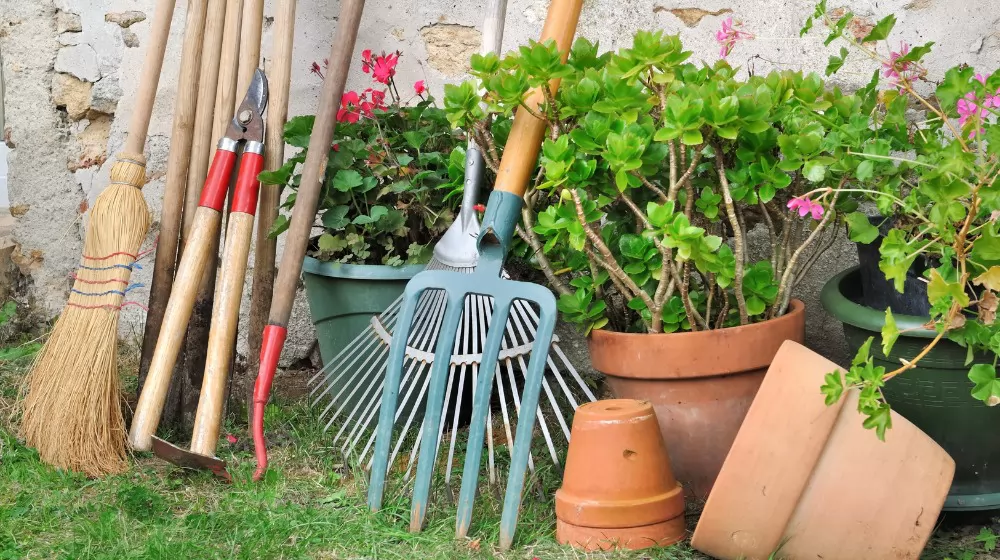
As you embark on the journey of selecting your garden tools, understanding the intricacies of pricing structures is crucial. Different suppliers may employ varied approaches to pricing, and being informed empowers you to make savvy decisions.
Factor in Quality: Pricing often correlates with the quality of materials and craftsmanship. While some tools may have a higher upfront cost, they may offer superior durability and performance, making them a cost-effective choice in the long run.
Bundle Deals: Explore if suppliers offer bundle deals or sets. Purchasing multiple tools as a package may present cost savings compared to buying individual items separately. Assess the tools included in the bundle to ensure they align with your gardening needs.
Striking the right balance between cost and quality is a delicate dance that defines a smart purchase. While budget considerations are important, compromising on quality may lead to frequent replacements and added expenses in the long term.
Long-Term Investment: View your purchase as a long-term investment. High-quality tools may have a higher initial cost, but their durability ensures they withstand the test of time, reducing the need for frequent replacements. Consider it an investment in the longevity of your gardening endeavors.
Research Value for Money: Assess the value for money each tool provides. Compare prices across different suppliers, taking into account the materials used, construction quality, and the overall reputation of the supplier. This holistic approach ensures that your investment aligns with both your budget and expectations.
Keep an eye out for special offers and discounts that can enhance the overall value of your purchase. Suppliers often provide promotions that can make acquiring high-quality tools even more enticing.
Seasonal Sales: Take advantage of seasonal sales and promotions. Many suppliers offer discounts during specific times of the year, allowing you to acquire premium tools at a more affordable price. This is especially beneficial for planning ahead and acquiring tools before the peak gardening seasons.
Membership Programs: Explore if suppliers have membership programs or loyalty rewards. These programs may offer exclusive discounts, early access to sales, or additional perks that amplify the overall value of your purchase.
Gardening is not just a passion; it's a commitment to nurturing the environment. Opting for eco-conscious garden tools aligns with this ethos, allowing you to cultivate your green space while minimizing your ecological footprint.
Materials Matter: Explore tools crafted from sustainable materials. Bamboo, recycled plastic, and responsibly sourced wood are eco-friendly alternatives that ensure your tools are not only functional but also environmentally conscious. These materials often boast the same durability and resilience as traditional options.
Low-Impact Manufacturing: Consider tools produced using low-impact manufacturing processes. Suppliers embracing environmentally friendly production methods contribute to reducing energy consumption and minimizing waste. Look for certifications or statements from suppliers that highlight their commitment to sustainable manufacturing.
Choosing a garden tool supplier with a commitment to environmentally friendly practices ensures that your entire gardening experience aligns with sustainability principles.
Certifications and Labels: Look for suppliers with recognized certifications or labels indicating their commitment to sustainability. Certifications such as FSC (Forest Stewardship Council) or eco-labels showcase a dedication to responsible and eco-friendly business practices.
Waste Reduction Initiatives: Inquire about the supplier's waste reduction initiatives. Those actively working to minimize packaging waste or implementing recycling programs showcase a holistic approach to sustainability beyond the production of tools.
Community Engagement: Suppliers engaged in community and environmental initiatives demonstrate a broader commitment to making a positive impact. Whether through tree-planting programs or partnerships with local conservation organizations, these suppliers contribute to the greater good.
Ensuring that your chosen garden tool supplier offers a comprehensive range of essential tools is fundamental to a seamless and well-rounded gardening experience. The availability of these fundamental tools forms the backbone of your toolkit.
Digging and Planting Tools: Verify that the supplier provides a variety of digging tools such as shovels, spades, and planting essentials like trowels. These are the foundational tools necessary for creating and maintaining your garden beds.
Cutting and Pruning Instruments: Assess the range of cutting and pruning tools available. From secateurs and shears to loppers, a diverse selection allows you to tailor your tools to the specific needs of your plants, ensuring precise and effective maintenance.
Watering and Irrigation: Confirm the availability of quality watering tools, including watering cans, hoses, and sprinklers. Efficient irrigation is essential for the health of your plants, making these tools indispensable for any garden.
Every garden is unique, and having access to specialized tools catering to your garden's distinctive requirements enhances your ability to nurture it with precision and care.
Practical Tools for Specific Plants: If you have specific types of plants with unique needs, check if the supplier offers specialized tools. For example, orchids may require specific pruning shears, and roses benefit from specialized pruners designed to handle thorns delicately.
Seasonal and Task-Specific Tools: Consider the availability of tools designed for specific seasons or tasks. Tools for winter pruning, fall cleanup, or summer planting can be invaluable additions to your toolkit, ensuring you're well-prepared for every phase of gardening.
Innovative and Modern Solutions: Assess whether the supplier embraces innovation. Tools with modern features, such as ergonomic designs, eco-friendly materials, or smart irrigation solutions, showcase a commitment to providing tools that align with contemporary gardening practices.
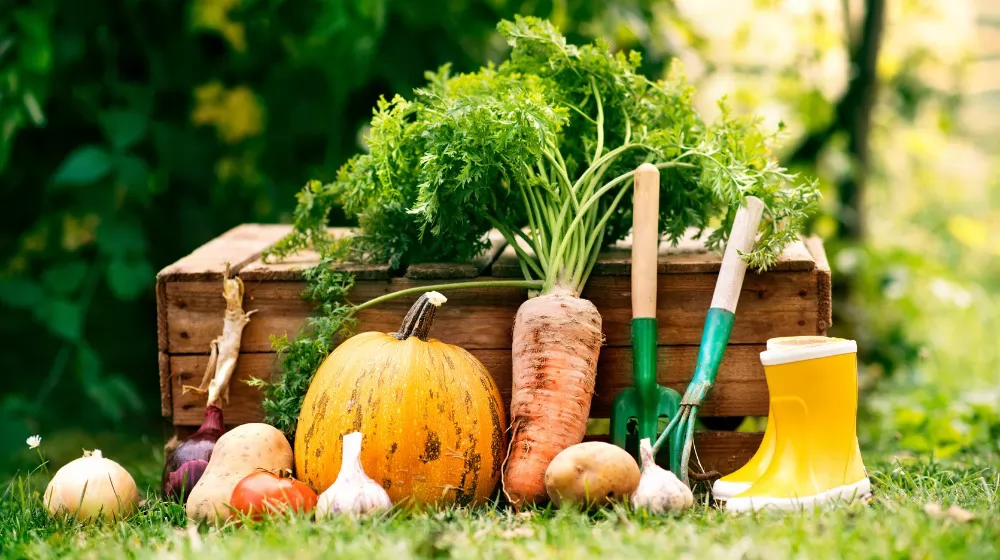
The responsiveness of a garden tool supplier to your queries and concerns is a critical aspect that reflects their commitment to customer satisfaction. Efficient and timely communication ensures a smooth and enjoyable experience throughout your gardening journey.
Prompt Response Times: Assess the supplier's average response times to customer inquiries. A supplier that prioritizes prompt responses demonstrates a dedication to addressing customer needs swiftly and efficiently.
Clarity in Communication: Look for clarity in communication. A responsive supplier not only provides quick replies but also ensures that their responses are clear, informative, and address your queries comprehensively. This clarity fosters a transparent and positive customer-supplier relationship.
A customer-oriented supplier recognizes the diversity in communication preferences and ensures accessibility through various channels. This accessibility promotes ease of communication and enhances your overall experience with the supplier.
Email Correspondence: Confirm the availability of email support. This traditional channel allows for detailed communication and provides a written record of interactions, ensuring that both parties are on the same page regarding any queries or concerns.
Live Chat Support: Explore if the supplier offers live chat support. Real-time communication through chat provides immediate assistance, making it convenient for addressing quick questions or clarifications without the need for prolonged wait times.
Phone Support: Consider the availability of phone support. Direct communication via phone allows for a more personal connection and is ideal for addressing complex issues or seeking guidance on product selection.
The reliability of a garden tool supplier hinges on their ability to consistently meet delivery timelines. Timely and consistent deliveries ensure that you receive your tools when you need them, allowing you to proceed with your gardening plans without unnecessary delays.
Transparent Shipping Information: Confirm that the supplier provides transparent shipping information. A reliable supplier communicates estimated delivery times clearly, keeping you informed throughout the shipping process. Look for tracking options that allow you to monitor the progress of your order in real-time.
Consistent Performance: Assess the supplier's track record in meeting delivery timelines. Customer reviews and testimonials often provide insights into the consistency of their performance. A supplier with a history of reliable deliveries is more likely to uphold their commitments to you as a customer.
Reliability also extends to the availability of stock. A trustworthy supplier ensures that the tools you need are consistently in stock, preventing unnecessary delays in your gardening projects.
Regular Inventory Updates: Check if the supplier provides regular updates on stock levels. A reliable supplier actively manages their inventory, ensuring that you are informed about the availability of tools and any potential delays due to stock replenishment.
Preorder and Backorder Options: Explore whether the supplier offers preorder or backorder options for out-of-stock items. This feature allows you to secure tools even when they are temporarily unavailable, providing a proactive solution to potential stock shortages.
As you approach the final decision in choosing the best garden tool supplier, creating a comprehensive checklist can guide your decision-making process. This checklist serves as a structured framework to ensure that all crucial aspects are considered before making your final choice.
Quality of Tools: Ensure that the tools offered meet your standards for quality, durability, and functionality. Check customer reviews and testimonials for insights into the performance of the tools offered by each supplier.
Supplier Reputation: Evaluate the reputation of each supplier. Consider factors such as online ratings, customer reviews, and the supplier's history. A supplier with a positive reputation is more likely to provide a satisfactory experience.
Pricing and Value: Compare the pricing structures of shortlisted suppliers. Balance the cost of tools with their quality and features. Assess whether any special offers or discounts further enhance the overall value of your purchase.
Sustainability Practices: If eco-conscious choices are important to you, confirm the sustainability practices of each supplier. Check for certifications, materials used, and the supplier's commitment to environmentally friendly manufacturing and packaging.
Conduct a final evaluation by weighing the pros and cons of each shortlisted supplier. This comparative analysis allows you to make an informed decision based on a thorough understanding of each supplier's strengths and potential drawbacks.
Prospective Supplier Comparison: Create a list of the advantages and disadvantages of each supplier. Consider factors such as customer support, delivery reliability, and the availability of both essential and specialized tools in their product range.
Customer Feedback: Leverage customer feedback to gain insights into the real-world experiences of individuals who have interacted with each supplier. Pay attention to recurring themes in reviews and prioritize aspects that align with your preferences and requirements.
Align with Your Priorities: Align the pros and cons with your priorities. Identify the aspects that matter most to you, whether it's the variety of tools, sustainable practices, or excellent customer support. Your final decision should reflect a harmonious balance of these factors.
For a garden that thrives, trust Garden Tool – China's leading manufacturer. Explore our premium tools at www.agriculturaltool.com and elevate your gardening experience to new heights!






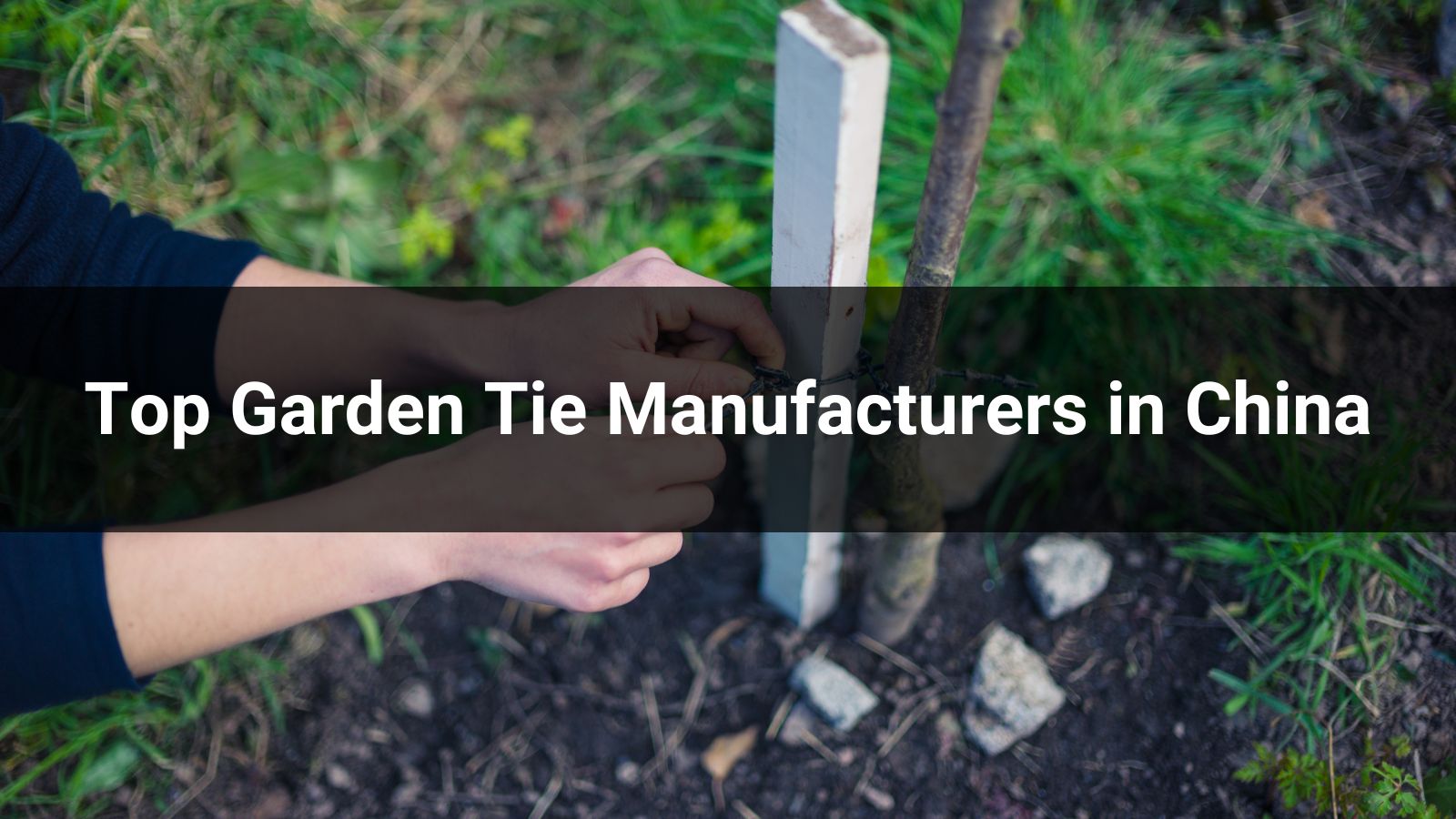

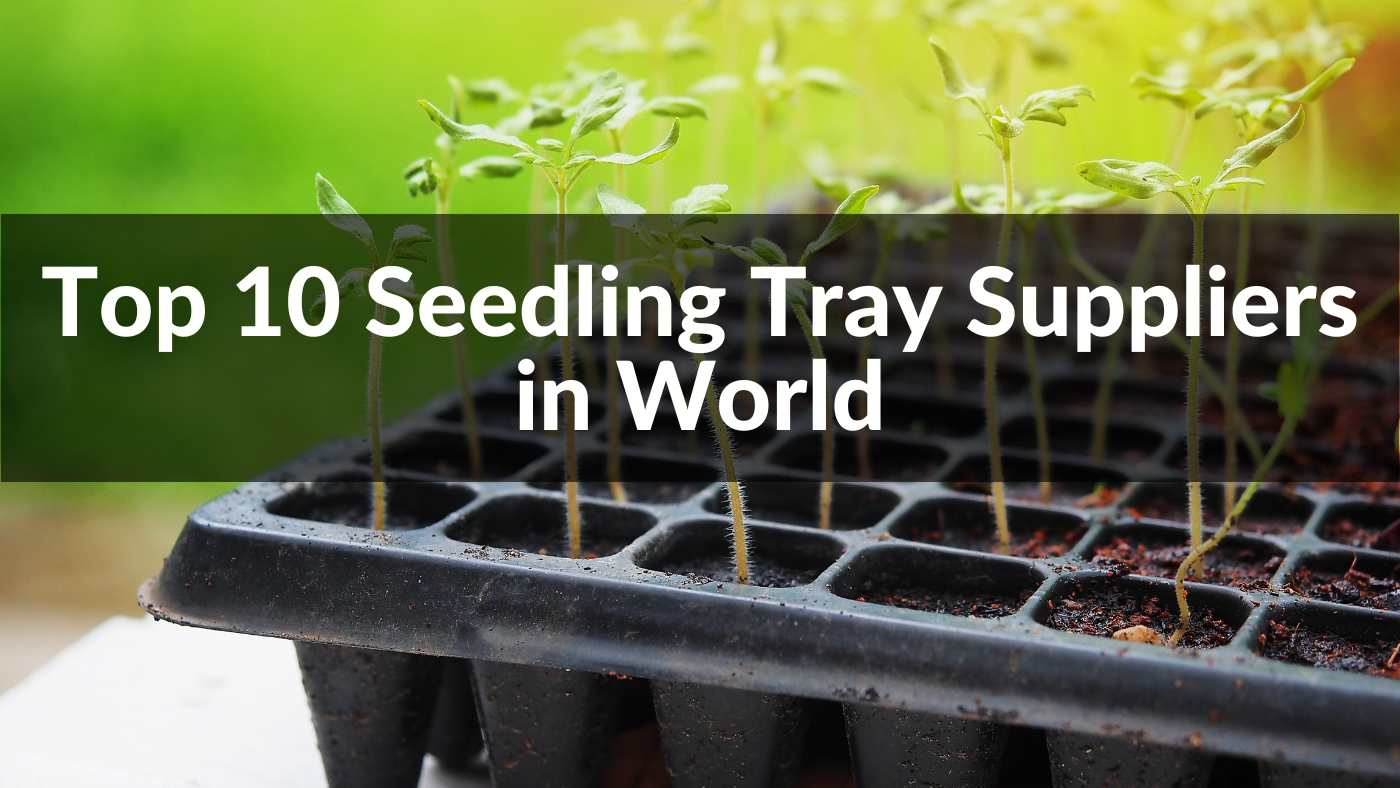


We use cookies to make the website work, to provide advanced features, social media and traffic analysis, and we use analytics and third-party advertising cookies. If you choose to click "Deny All", you will retain the default setting of not allowing the use of cookies or other tracking tools other than technical tools.

